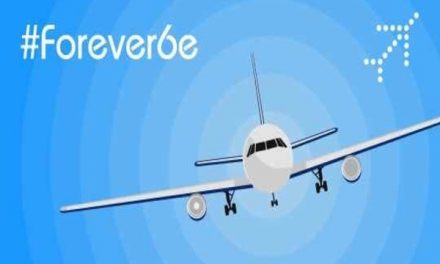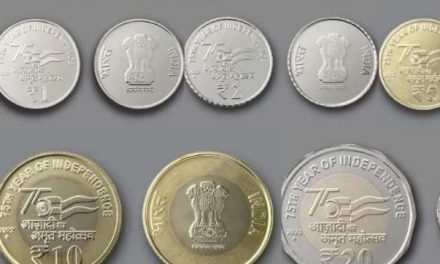In a major relief for airlines, the central government has declared that lower and upper limits on airfares will be applicable only 15 days a month. This means that airlines will be able to charge without any limits from the 16th day onwards.
The Centre had, on August 12 of this year, announced a roll-over period of 30 days, which meant that airlines were free to charge without limits from the 31st day onwards.
Explaining the change in rules, the Civil Aviation Ministry issued a fresh order on Saturday.
Change in rules
The order says: “If the current date is 20th September, then the fare band shall be applicable till 4th October. Any booking done on 20th September for travel on or after 5th October shall not be controlled by fare bands.”
The ministry explained that if the current date is September 20, then the fare band will be applicable till October 4. So if you are booking a flight on September 20 for a date beyond October 4, then the fare band will not remain applicable. Similarly, if the booking is done on September 21, then the fare band will remain applicable only for 15 days that is till October 5.
What is the domestic price fare band?
The civil aviation ministry had fixed the upper and lower limit of airfares in 2020 when domestic flights resumed operation in a limited and staggered way after being suspended during the national lockdown. The aim of the exercise was to boost air traffic as aviation was one of the worst-affected sectors by the pandemic-induced lockdown. Recently, the ministry has revised the caps and increased both the upper and the lower limits. The new directive says that this cap will remain applicable only if the tickets are being booked 15 days in advance.
Low-cost carriers account for almost 80% of domestic air travel. The thumb rule for budget flyers, in pre-Covid times, was to book early and get low fares. And closer to the date of travel, spot fares rise. This way airlines get cash flow and early birds get low fares. The shorter window for which domestic fare bands are applicable will allow airlines to offer lower than the minimum fares for not so early birds. “There will be more bookings as people can be offered lower fares and airlines can get cash flow to sustain operations during these tough times,” said an official.
During the pandemic the government brought in fare bands to ensure two things — airlines don’t overcharge passengers and that airlines that are either financially strong (read-only IndiGo) or are backed by big groups (Tata for Vistara and AirAsia India and Wadias for GoAir) don’t offer such low (predatory) fares that weaker airlines are unable to compete and shut down.
Based on flying time, there are seven categories: starting at flights below 40 minutes and going up to 3-3.5 hours.












